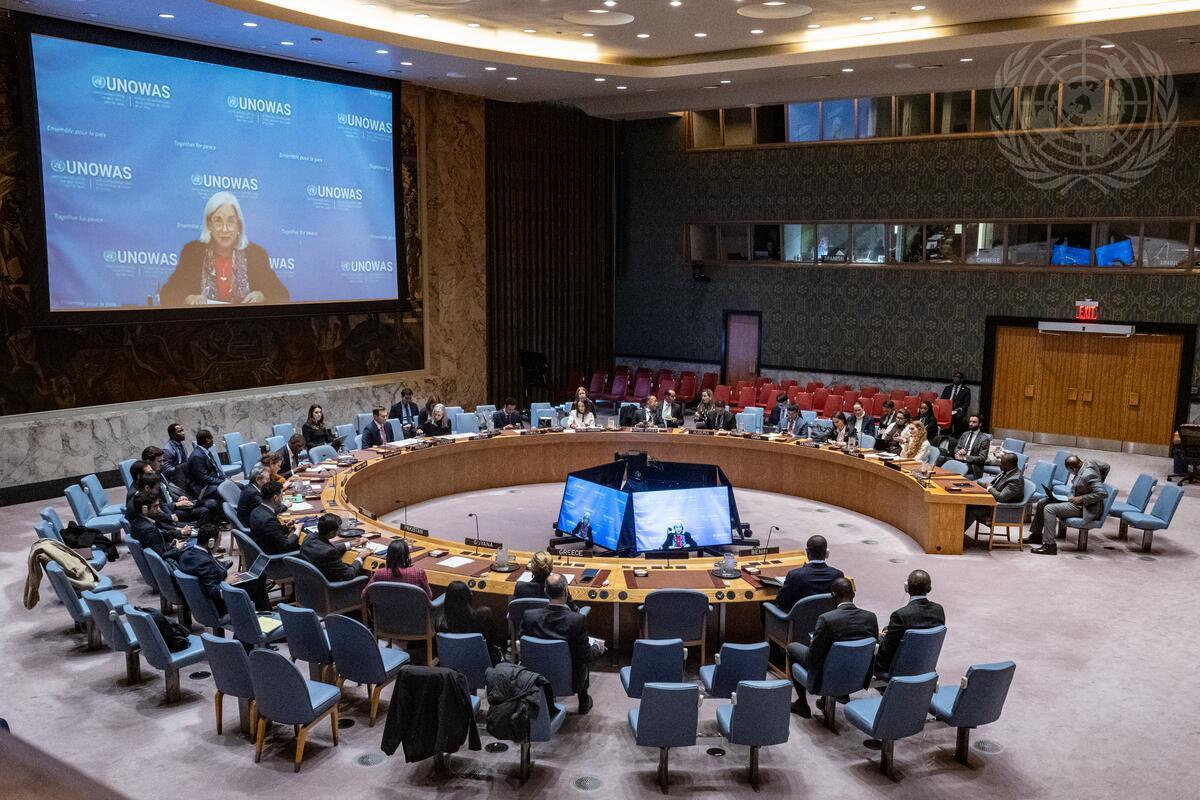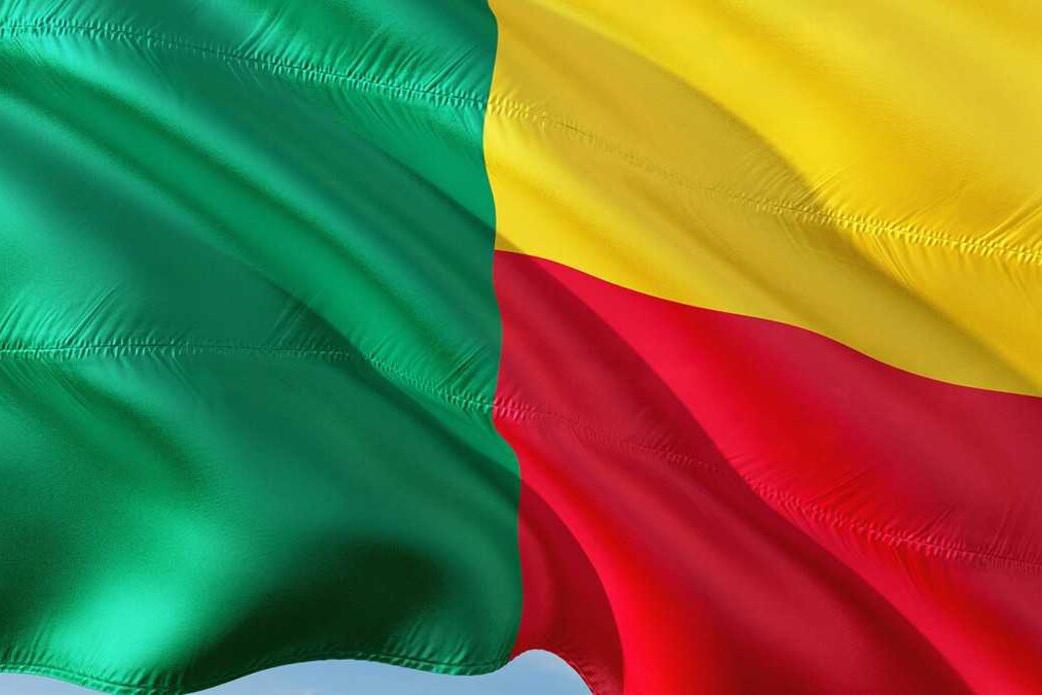"Strengthening cooperation between States and partners, including the United Nations, particularly UNHCR, is essential to mobilize all energies in a better coordination of all actors".
The Regional Dialogue on National Security and Refugee Protection was held in the Togolese capital, Lomé, on March 21 and 22. Organized jointly by the Togolese government and the Office of the United Nations High Commissioner for Refugees (UNHCR), the aim of this regional dialogue was to foster intergovernmental exchange on how states in the sub-region are meeting their international obligations in terms of refugee protection, while addressing national security concerns and priorities.
Indeed, the deterioration of the security and humanitarian situation, particularly in the central Sahel, has led to massive refugee movements. According to the UNHCR, in January 2024, there were 13.4 million displaced and stateless people in West and Central Africa, including 2.1 million refugees and 7.9 million internally displaced persons. Coastal countries, in particular Côte d'Ivoire, Ghana, Togo and Benin, had taken in 95,863 refugees as of January 29, 2024.
Faced with this complex situation, the countries concerned face numerous challenges in securing their national territory and protecting civilians. While it is legitimate for states to protect their borders, they also have a duty to protect refugees fleeing conflicts and the consequences of climate change, and to ensure that those supporting or committing acts contrary to national security are not allowed access to their territory, whether to seek refuge, escape prosecution or perpetrate new attacks.
Taking part in this regional dialogue, the Deputy Special Representative of the United Nations Secretary-General for West Africa and the Sahel Ad Interim, Mr. Khassim Diagne, welcomed this joint initiative by the Togolese government and UNHCR, which he said was of the utmost importance, and whose work would benefit the commitment of the United Nations Office for West Africa and the Sahel (UNOWAS), particularly in terms of conflict prevention.
Echoing the difficulties faced by refugees, Khassim Diagne recalled that civilian populations often find themselves caught in a vice, between insecurity and the humanitarian consequences and human rights violations that ensue. These populations, he added, unfortunately have no choice but to flee, and for thousands of them, to seek asylum in bordering countries.
In this respect, he stressed that strengthening cooperation between the States of the sub-region and partners, notably the United Nations and more particularly the UNHCR, is essential to mobilize all energies in a better coordination of all stakeholders.
Proposed as a first step in a consultative process in which state partners and other key stakeholders, including humanitarian and development actors, will be invited to take part, the regional dialogue will have provided a clear analysis of the risks and challenges posed to refugee protection, agreement on good practices and approaches relevant and applicable to the region, and a plan of action to implement specific mechanisms, specifying the support needed from the stakeholders concerned.






